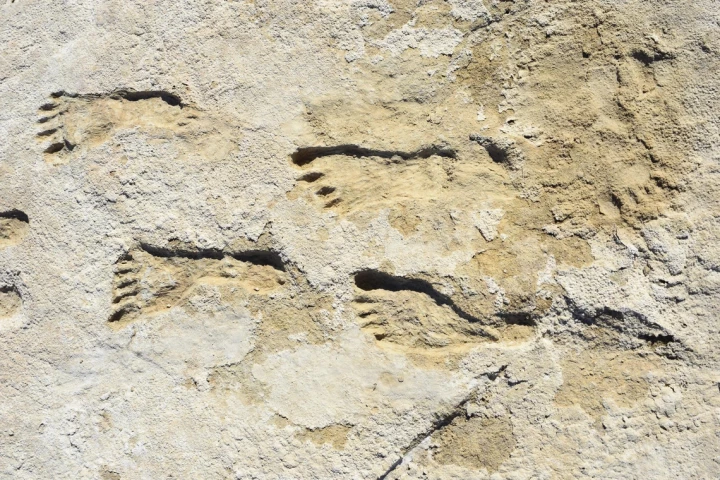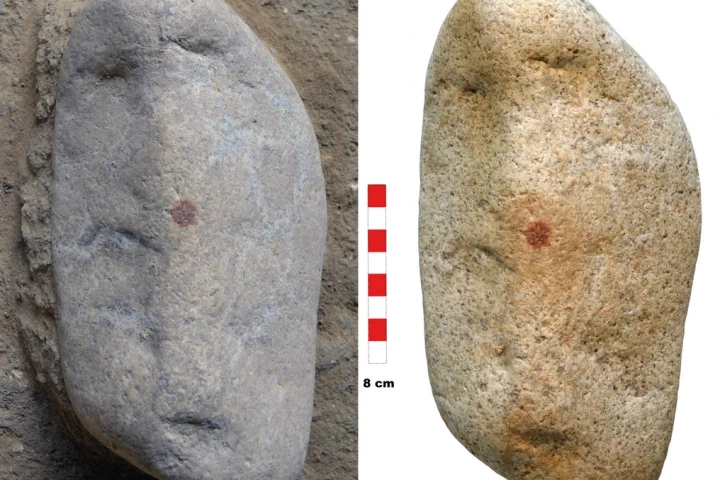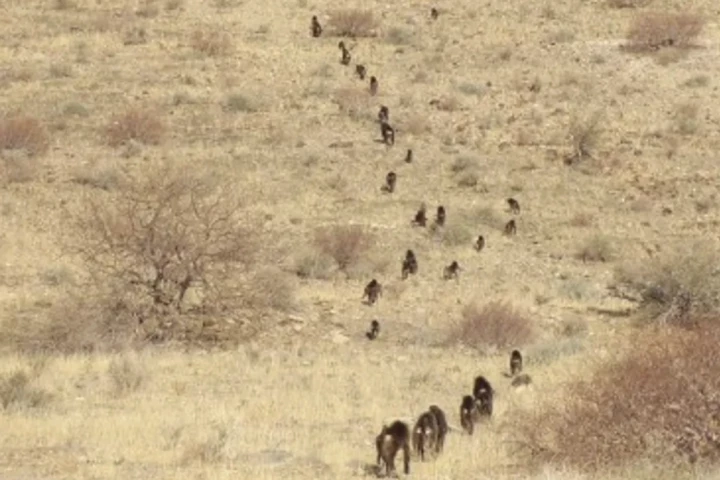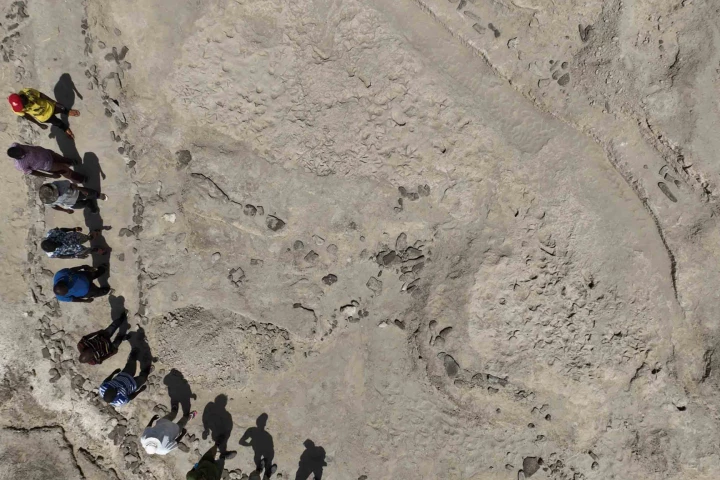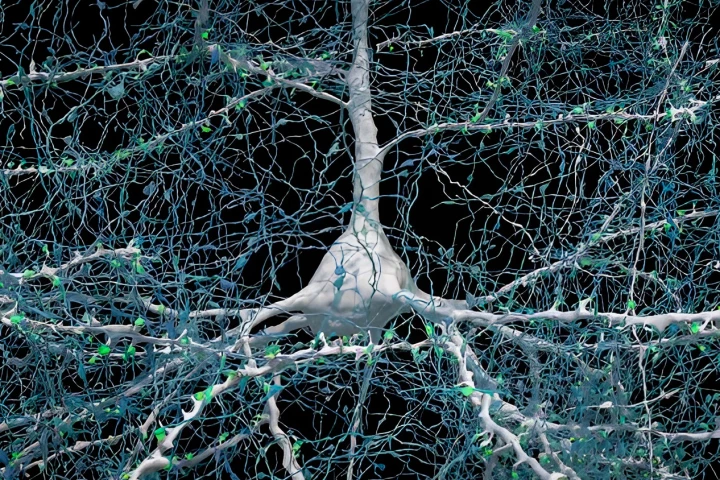Human
-
Using new radiocarbon dating on footprints preserved in the gypsum-rich ground in White Sands, researchers have confirmed that humans roamed North America 23,000 years ago. The finding solves a long debate questioning the age of these footprints.
-
The world's oldest human fingerprint has been discovered at an archaeological site in Spain. The fingerprint was dated at 43,000 years old and is believed to have come from a Neanderthal.
-
It's not a simple case of "follow the leader" when it comes to baboons on foot. Researchers have made a surprising discovery on why they appear to move in an orderly line, and it's something that can help us better understand human behavior, too.
-
Dogs are proving to be more than just our best friends, with a new study finding that we share proteins that could accelerate our understanding and treatment of a complication of anterior cruciate ligament (ACL) injury, which affects both species.
-
Excavations found that the brain of what seems to be a human male contained dark glass formed during the eruption of Mount Vesuvius in 79 CE. The effect can't be explained by lava temperatures alone, but rather a different event from the cataclysm.
-
We know what they look like, and even sound like, but there’s one question you might not have pondered: what do ancient Egyptian mummies smell like? Whether you wanted to know or not, scientists have now given us an answer.
-
A new discovery in Kenya shows that ancient human relatives crossed paths – literally. Paleontologists have discovered the first known example of fossil footprints left by two different species of ancient hominins on the same day.
-
The hugely ambitious project of mapping the estimated 37.2 trillion cells of the human body is close to reaching a historic milestone – the first draft of the 'atlas.' We got a glimpse at what's in store from this unprecedented biological guidebook.
-
Most of us do it, in one form or another, but how and when humans began to kiss is still hotly debated among researchers. Now, a new evolutionary theory has been put forward, which says the origins of the kiss may date back millions of years.
-
At the time of writing, there were an estimated 8,123,518,311 living humans on Earth – roughly the most there has ever been. But as fertility and birth rates continue to freefall, the numerical peak of humanity is quickly approaching.
-
Well-preserved bones of a two-tonne glyptodont revealed cut marks indicative of stone tools, suggesting that human hunter-gatherers had settled in the Americas around 21,000 years ago – some 5,000 years before people were thought to have arrived.
-
Harvard and Google Research have mapped thousands of cells and millions of synapses in a poppy seed-sized sample of tissue. The result is a set of truly stunning images and marks a major step towards understanding of the biggest challenges in science.
Load More
